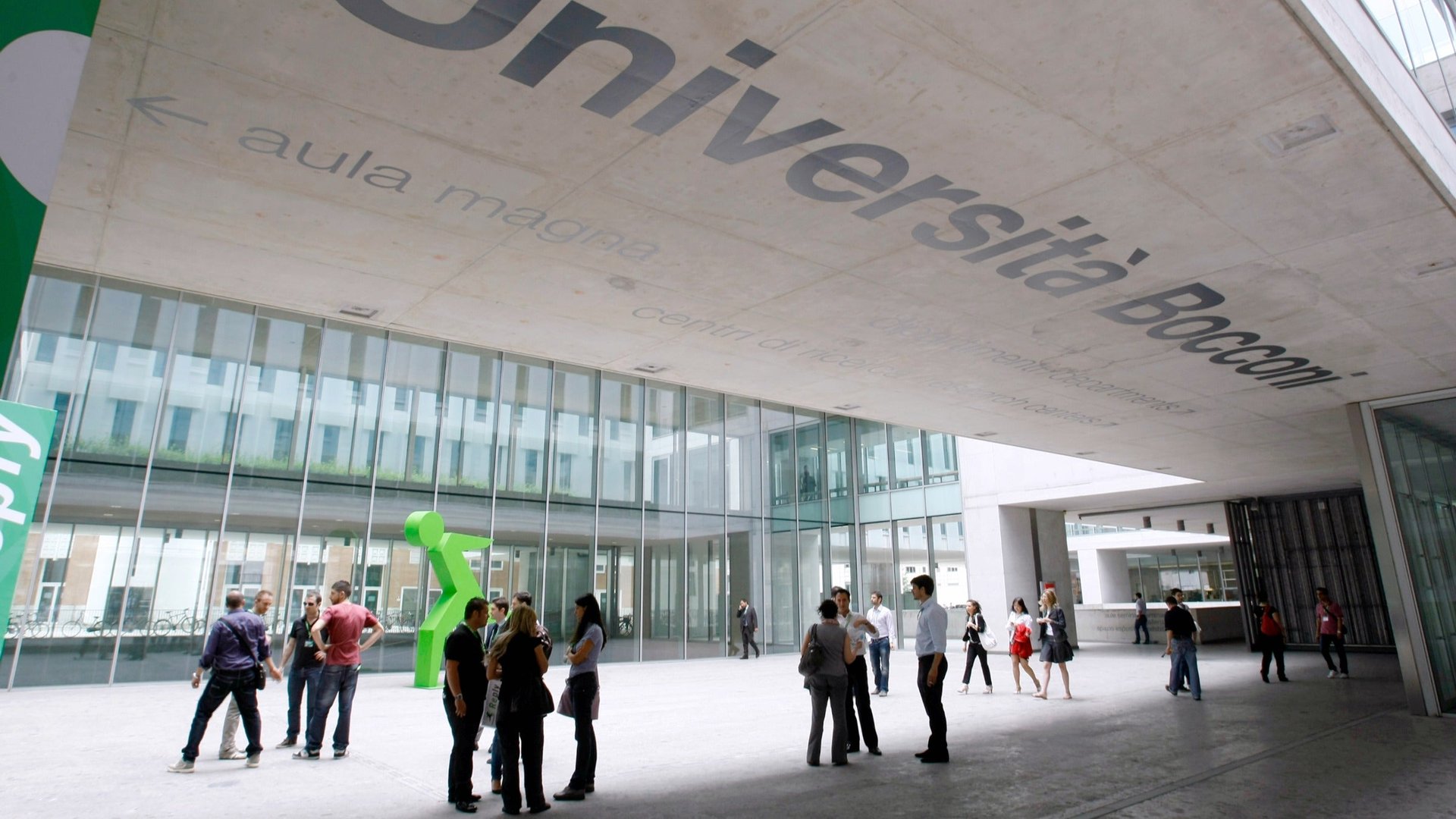It’s harder to get a job in Italy with a college degree than without one
With Italy’s unemployment at an all-time high of 12.5% and youth unemployment at a dismal 40.4%, young Italians might well think that now would be a good time to go back to school.


With Italy’s unemployment at an all-time high of 12.5% and youth unemployment at a dismal 40.4%, young Italians might well think that now would be a good time to go back to school.
They might well be wrong.
A college or advanced degree may actually put young Italians at a higher risk of unemployment, according to economic data gathered by the European Union’s statistical agency, Eurostat.
Italy is the European country with the lowest number of “tertiary” graduates–meaning anyone with a university or university-like degree.Yet despite relatively low supply, one in three tertiary graduates between 20 and 24 (33.3%, up from 27.1% in 2011) remains out of work, according to Eurostat–even higher than their peers with just a high-school level degree, whose unemployment rate is 30.4%.
Italian companies actually seem tofavor workers with lower levels of education: 37% of those employed in managerial positions hold only the minimum compulsory level of education, compared with 15% who hold a bachelor’s degree or above, according to AlmaLaurea, an Italian institution run by a consortium of universities and the Ministry of Education that gathers statistics on education.
This is partially due to the subjects that Italians choose to pursue in their studies. ”A problem that’s much bigger in Italy compared to other countries… is the kind of degree held,” says Giuseppe Ragusa, an assistant professor of economics at Libera Università Internazionale degli Studi Sociali (LUISS) University in Rome. “We are a country that is leaning too much towards human studies and law.”
These humanities degrees don’t meet the market’s demands, which favor engineers over history majors. In 2012, 42.8% of Italian graduates held a humanities, law or social studies degree (not including economics, which accounted for 14%), according to AlmaLaurea.
Italy also suffers from a qualifications mismatch, with a higher percentage of both over-qualified and under-qualified workers than the European average, reports ISFOL, a Ministry of Labor and Welfare organization focused on vocational training.
Italy’s highly educated workers, Ragusa says, face a market where jobs are concentrated in sectors requiring low-level skills–hired hands and waiters were most in demand in 2012, according to the Ministry of Labor’s statistics. This, Ragusa says, is the inevitable outcome when a country doesn’t invest in innovation, and it is one of the signs of a stagnating economy.
“We produce little [qualified] human capital and employ little of it in our economy,” he says. “In the medium and long term, we are destined to have small growth.”